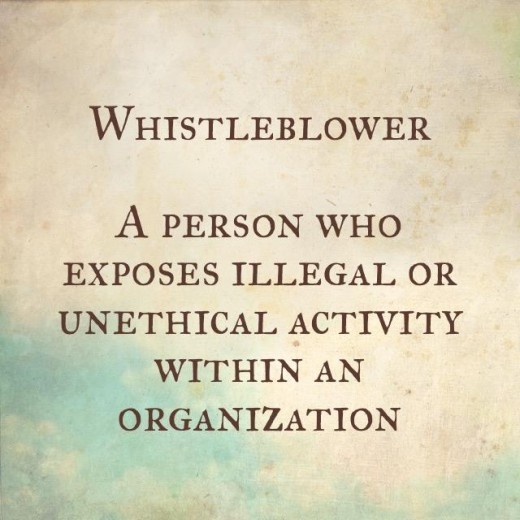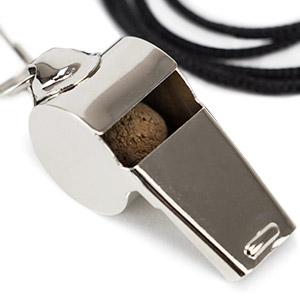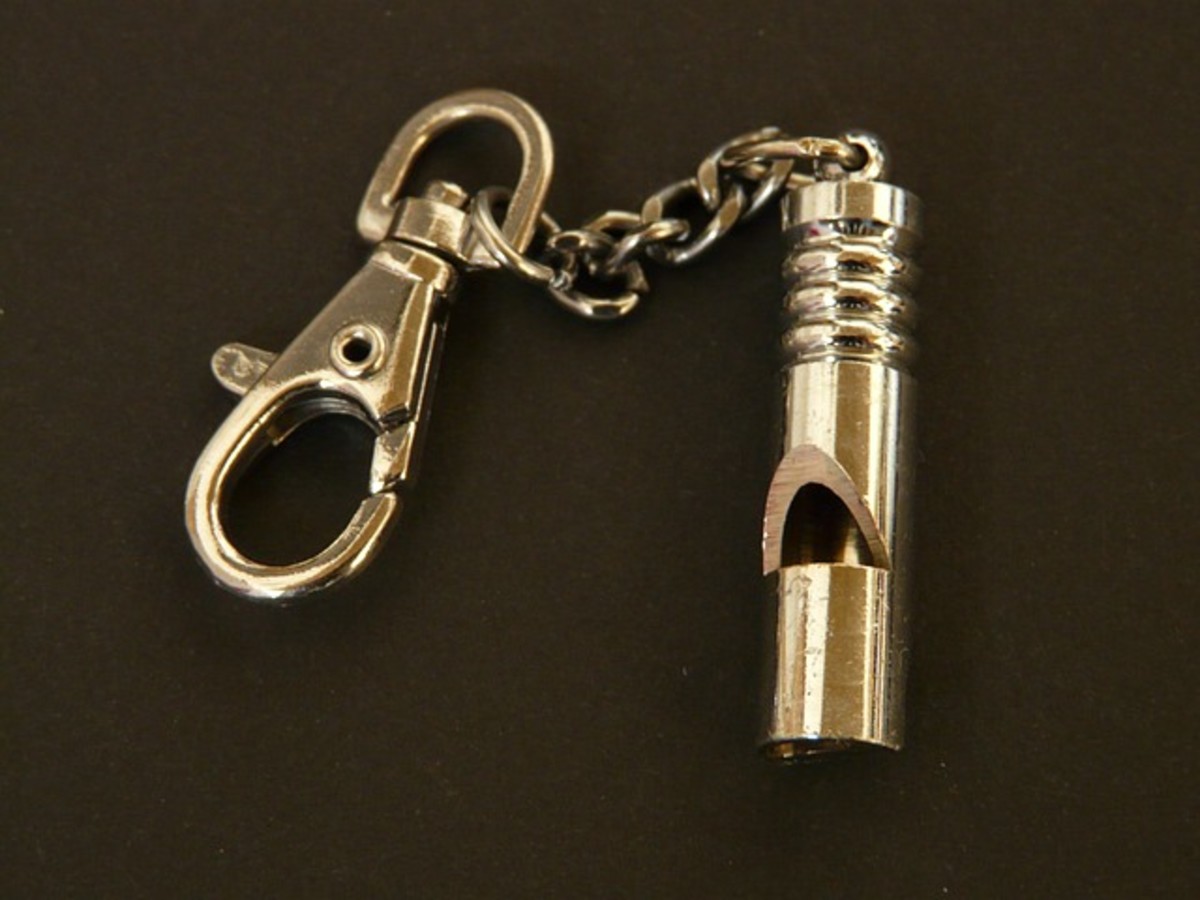Whistleblower: Everything To Know About the Word

The word "whistleblower" has been in the news recently. It is time to learn exactly what the word means and what it doesn't mean. There is a lot to know about a whistleblower that people tend to overlook. So, what or who is a whistleblower?
First of all, the word is commonly written "whistleblower" even though it can be written "whistle blower" or "whistle-blower." Secondly, a whistleblower is a person, either male or female. Thirdly, the term "whistleblower" is used to protect the identity of the person who exposes illegal or unethical information within his own company or organization.
The wrongdoing reported is usually a violation of one or more company policies. Many times there is a threat to the public or national security. Usually, fraud and corruption are involved.
Origin of the Term
United States civic activist Ralph Nader began using the term "whistleblower" in the early 1970s to avoid using negative words such as "snitch," tattle tale" or "informer." However, the origin of the word dates back to earlier times. The word was associated with law enforcement officials in the 19th century because they blew a whistle to alert public crowds or fellow police of oncoming bad situations such as a crime in progress.
In 1883, a story appeared in the Janesville Gazette about a policeman who used his whistle to alert citizens about a riot. Down through the years, journalists began using the word to mean a person who reports wrongdoings within one's own workplace.
We can see now why sports referees blow a whistle when a foul play or other illegal activity takes place in the game. The sound gets the attention of the players and onlookers.

Types of Whistleblowers
Most whistleblowers are internal ones who work for a company, but that is not always the case. An employee might have first-hand information about a violation, but whistleblowers can also be a client, contractor, supplier, or any person who learns of illegal or unethical acts in an organization. Any of these people may report misconduct done by an employer or employee within a company through anonymous means. That's why he or she is called a whistleblower instead of using his or her real name. Eventually, the name is revealed but not right away.
External whistleblowers are those who report misconduct performed in a business where the person doesn't work. The report of misconduct can be made to lawyers, the media, law enforcement or local, state, or federal agencies. Sometimes a monetary reward is offered to encourage external whistleblowing.
Risks Whistleblowers Take
Whistleblowers take chances when they spill the beans about wrongdoings within their own company. If things don't turn out in the whistleblower's favor, he or she could face problems that include criminal charges and legal action.
Besides, there is a social stigma and possible termination from a worker's position or job. If the whistleblower doesn't lose his job, he might be retaliated against in other areas by the person or people he accused of doing something illegal or unethical.
Laws to Protect Whistleblowers
There have been ethical debates about whistleblowing. Some people maintain that whistleblowing is a form of civil disobedience to protect the public from government wrongdoings. Some people have the opposite viewpoint that whistleblowing itself is unethical for breaching confidentiality and loyalty to the superior of one's own company.
There are some federal laws in place to protect whistleblowers, but most of them are complicated with many stipulations that stop would-be whistleblowers to get involved. Therefore, they don't blow the whistle when they have every reason to do so.
Companies are forbidden from retaliating against employees who blow the whistle on them, but that doesn't mean they don't do it anyway. Federal laws are in place in 45 states in the United States to protect whistleblowers.

There have been hundreds of whistleblowers in the United States. A lot of people might remember the publicity surrounding Edward Snowden, a 36-year old whistleblower. He allegedly copied thousands of highly classified documents from the National Security Agency in 2013 and shared them with journalists when he was a Central Intelligence Agency employee and subcontractor.
Today, Snowden has asylum in Moscow, Russia. On September 17, 2019, his memoir, Permanent Record was published. The U.S. Department of Justice filed a civil lawsuit against him over the book because he is capitalizing on what he did at the expense of the United States Federal Government. The memoir was Number 1 on Amazon's bestseller list on the same day it was released.







